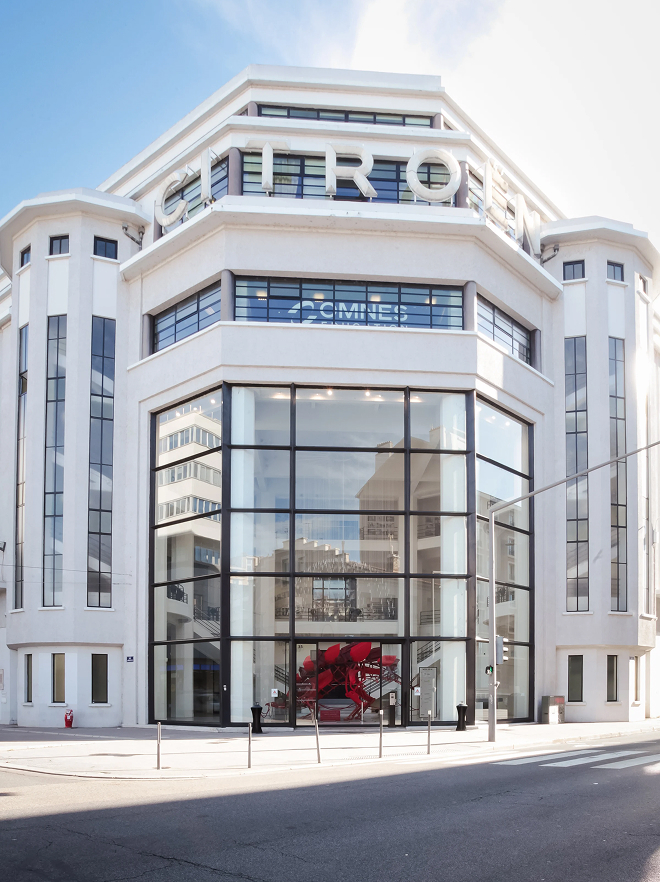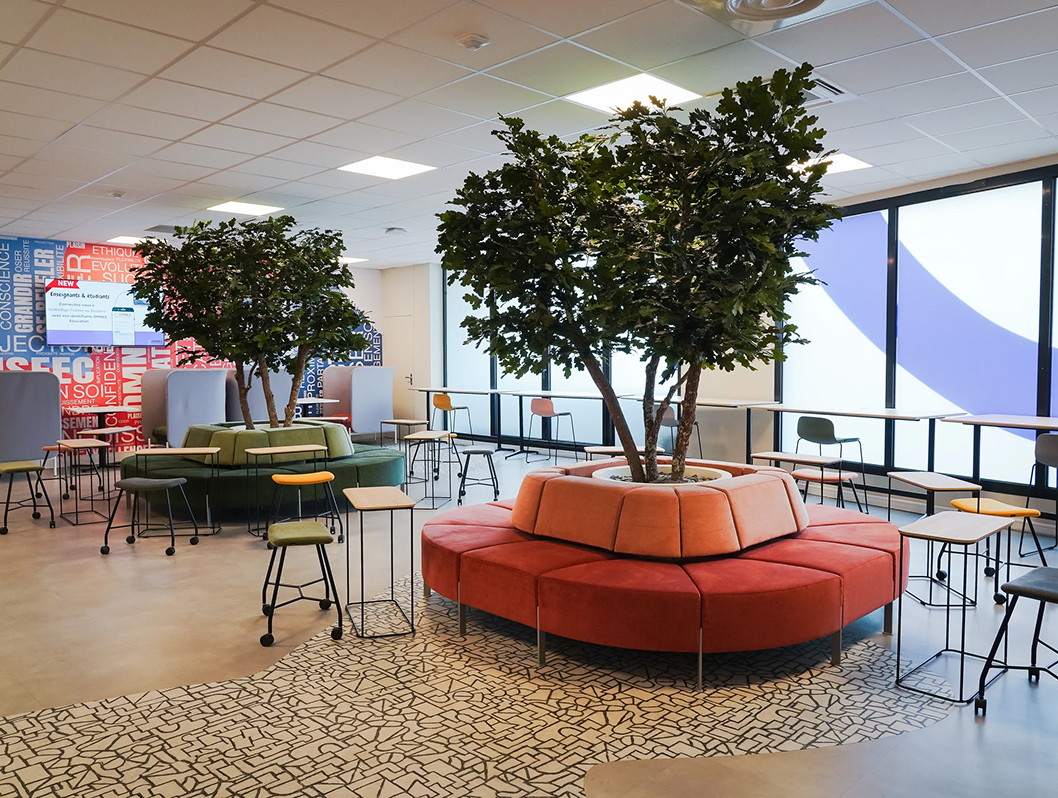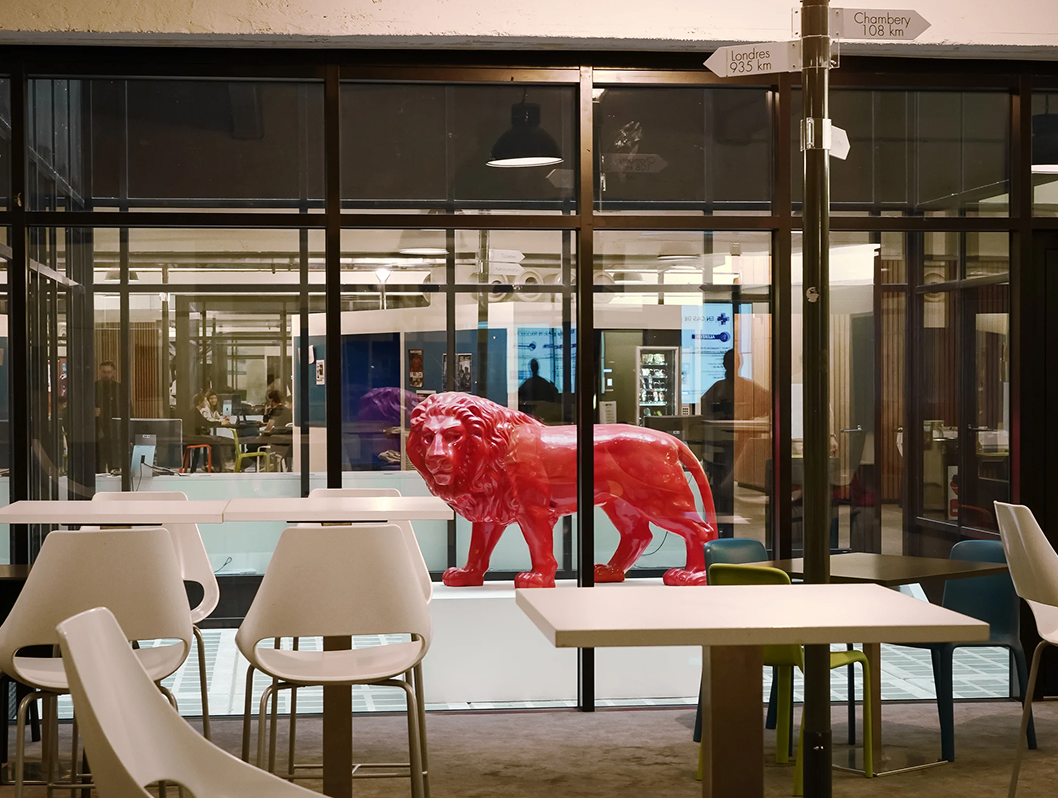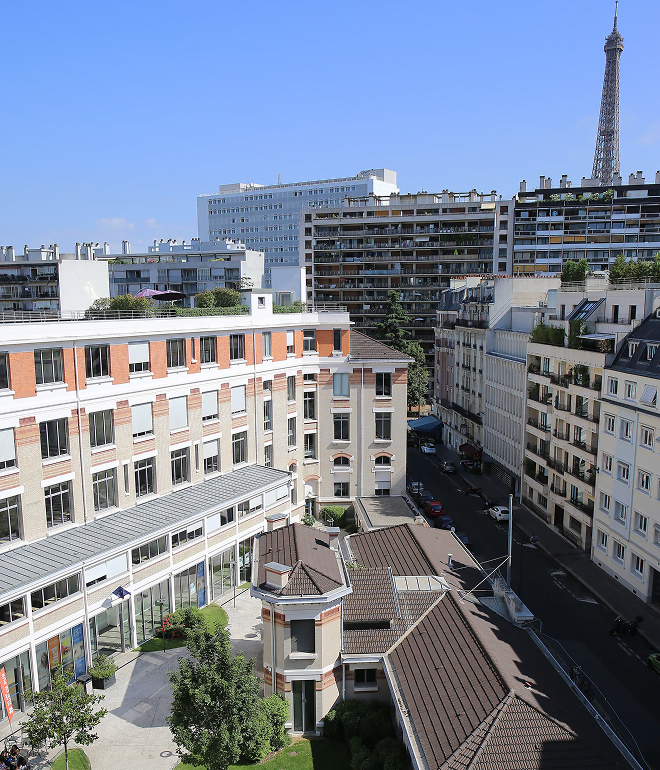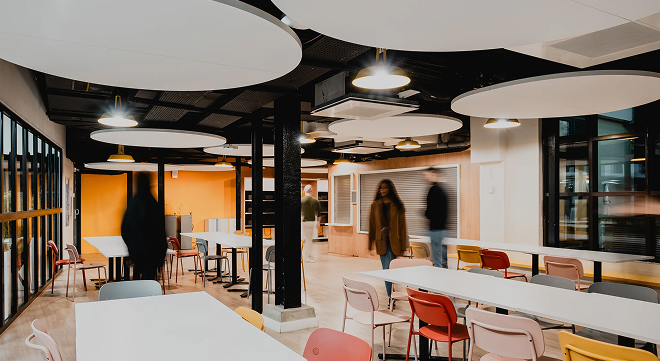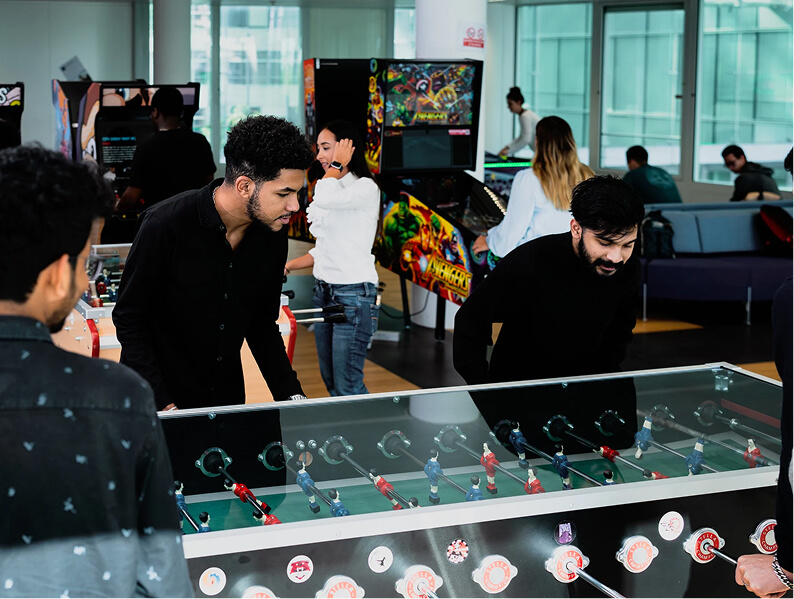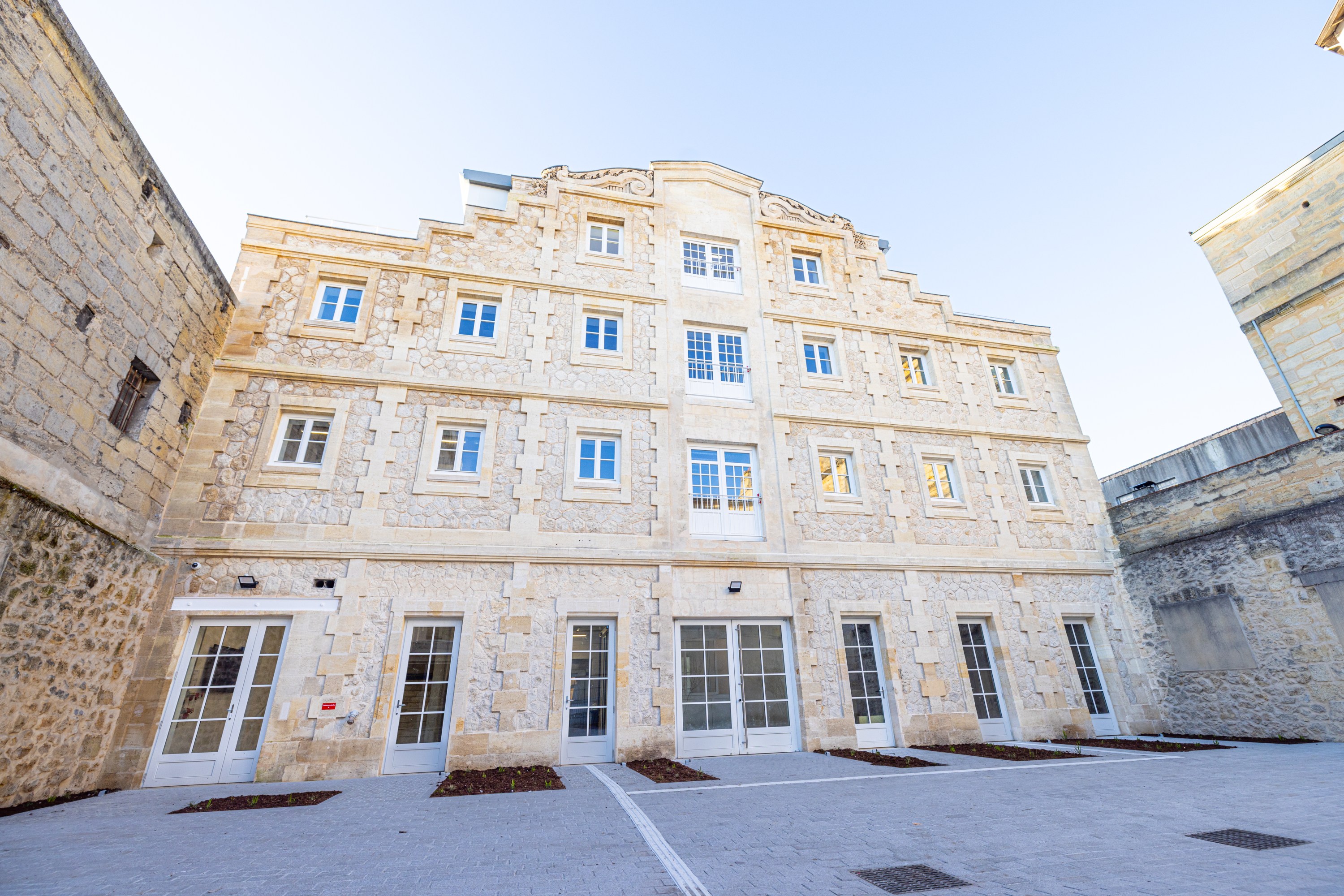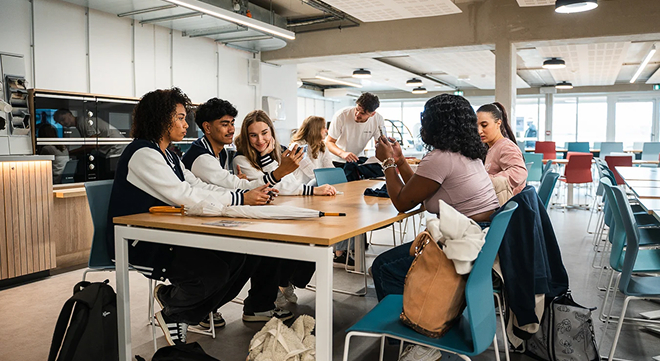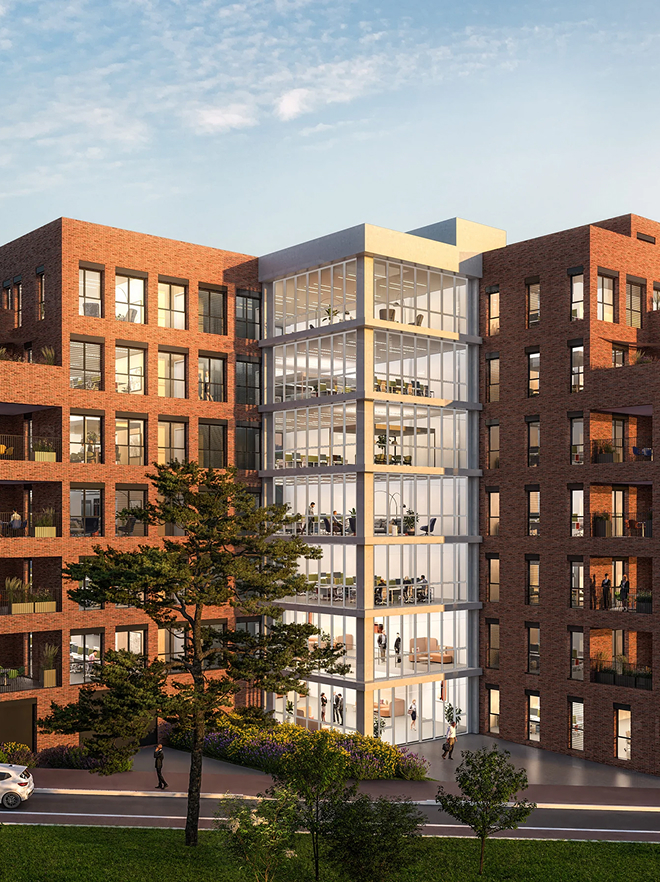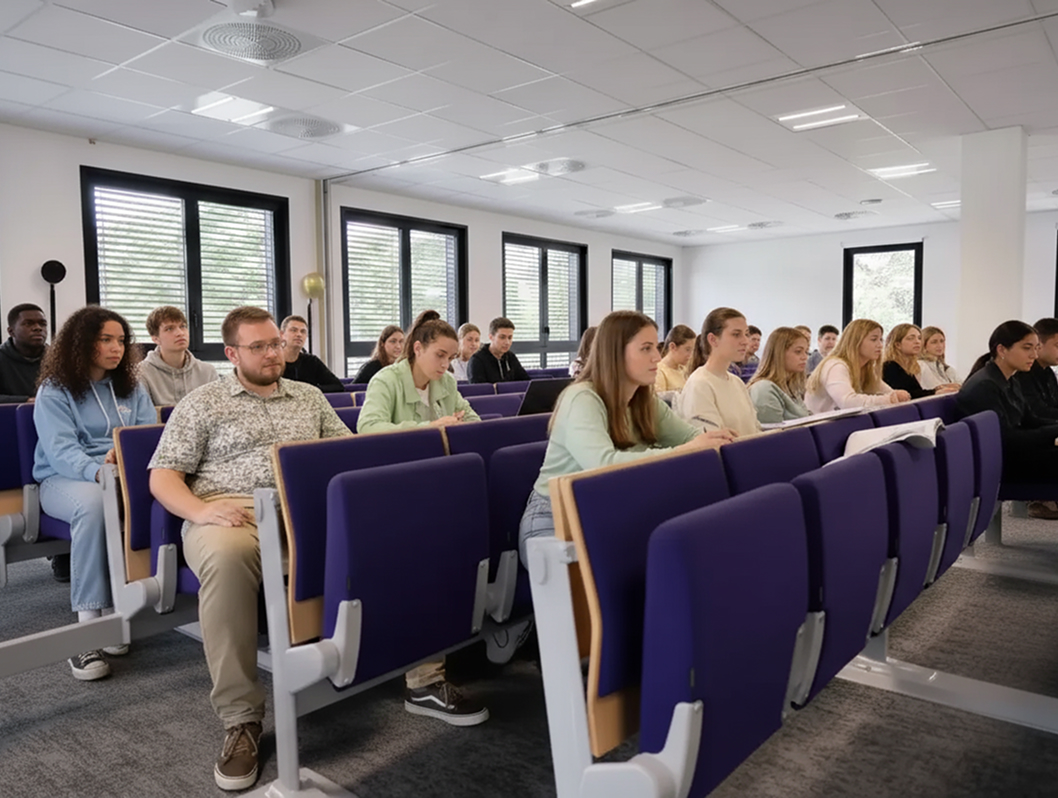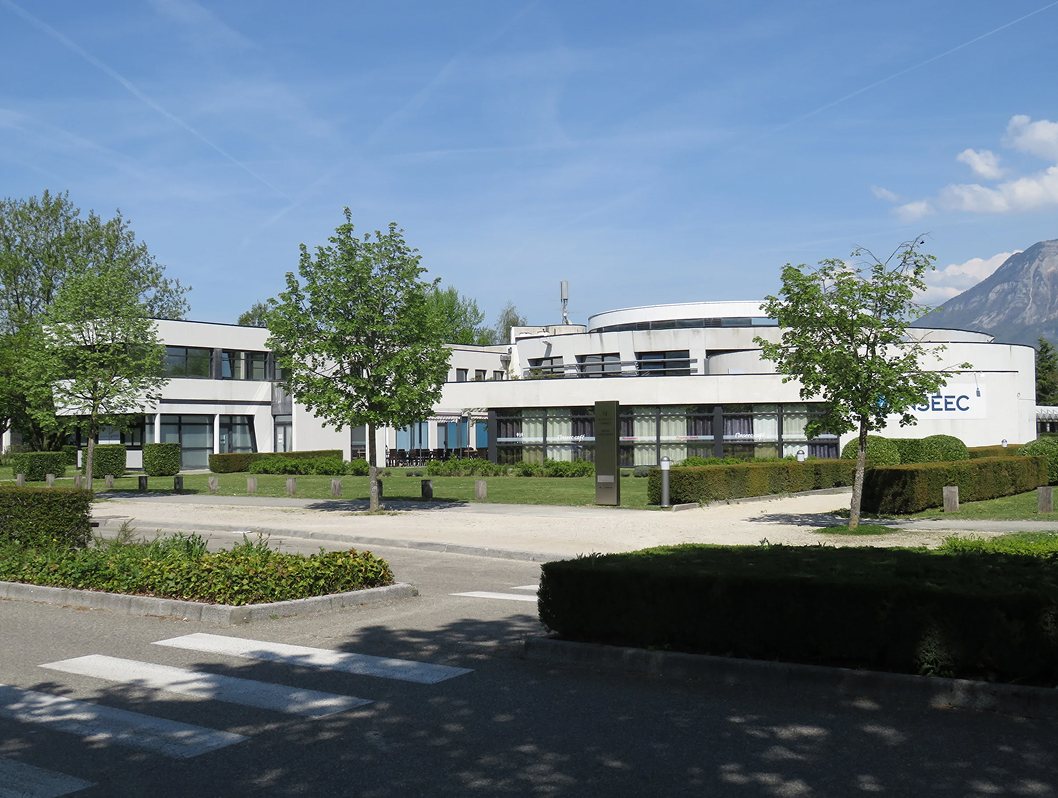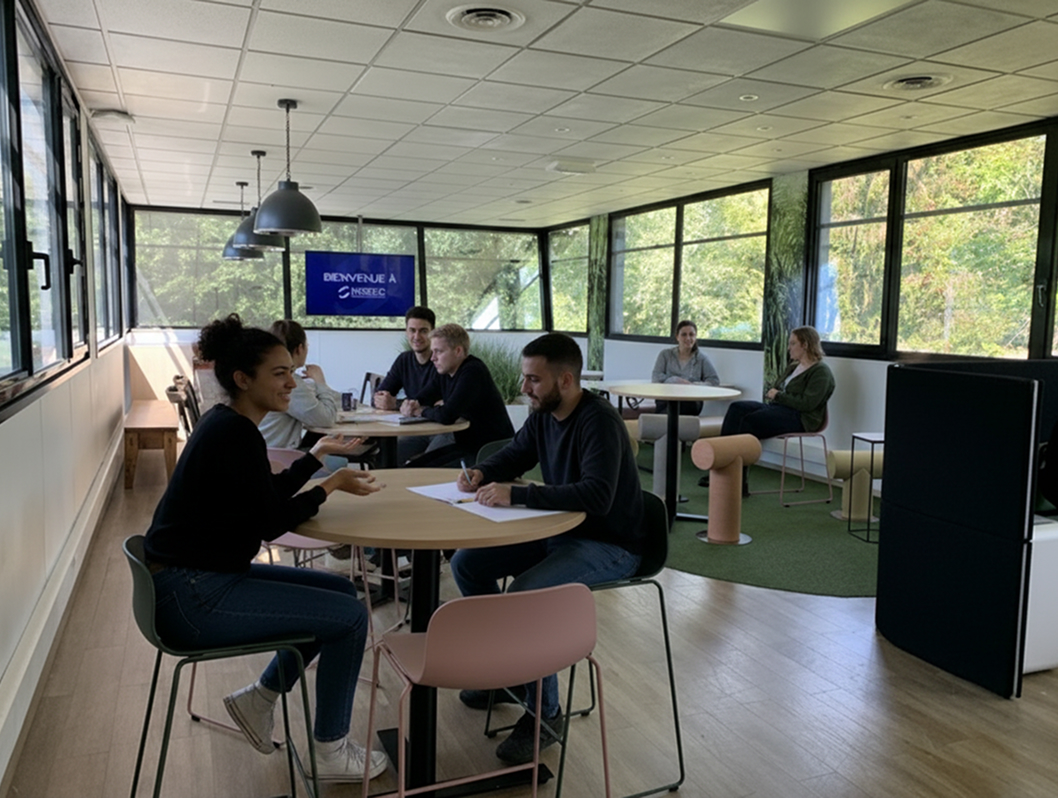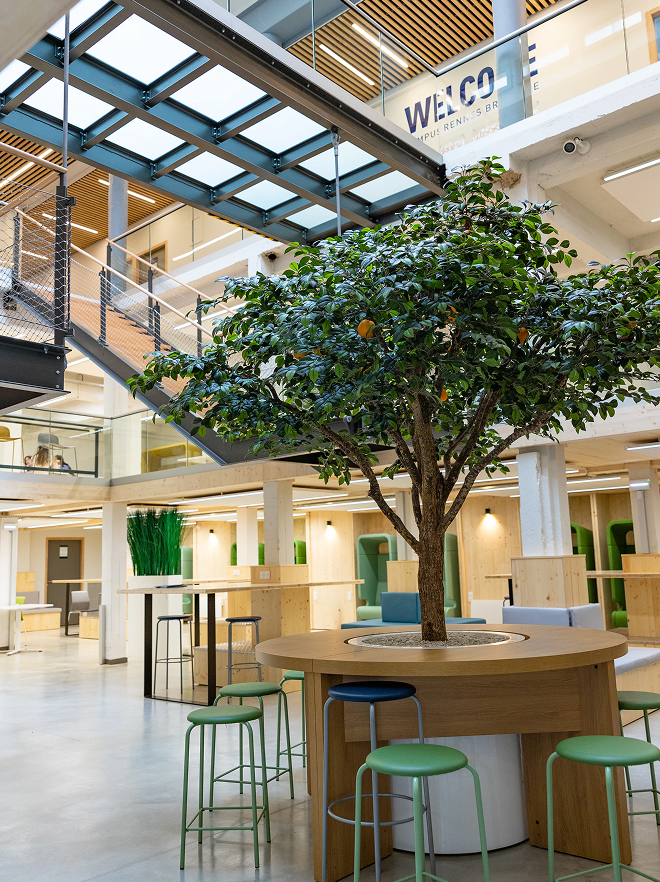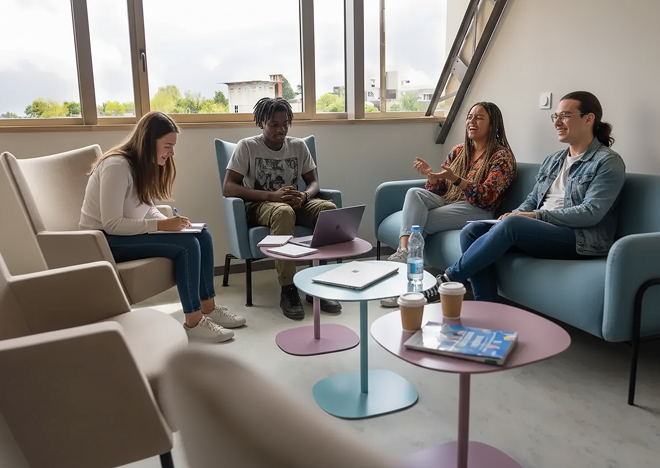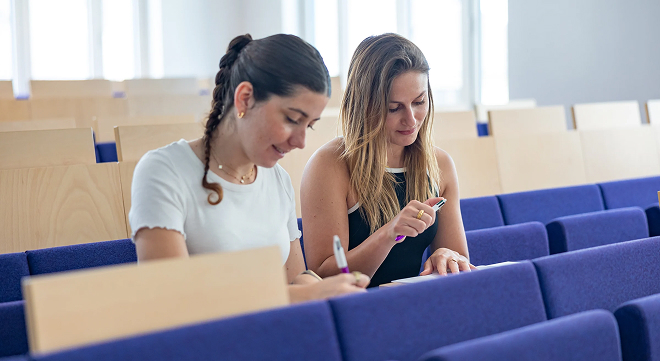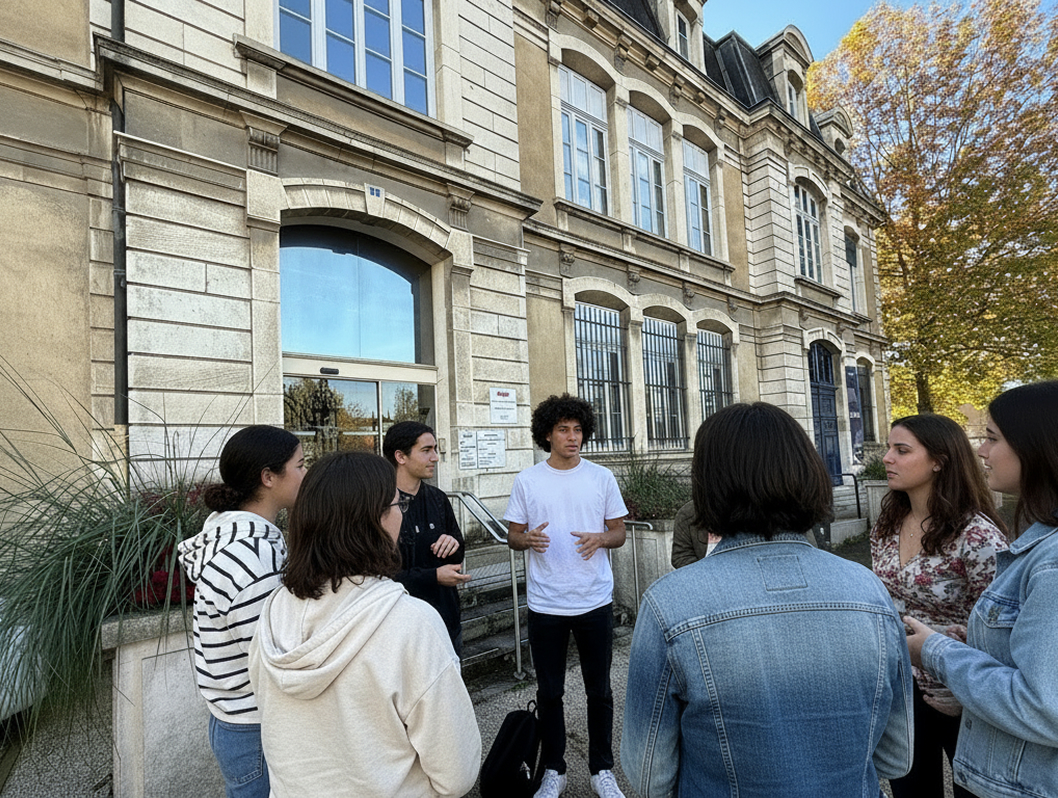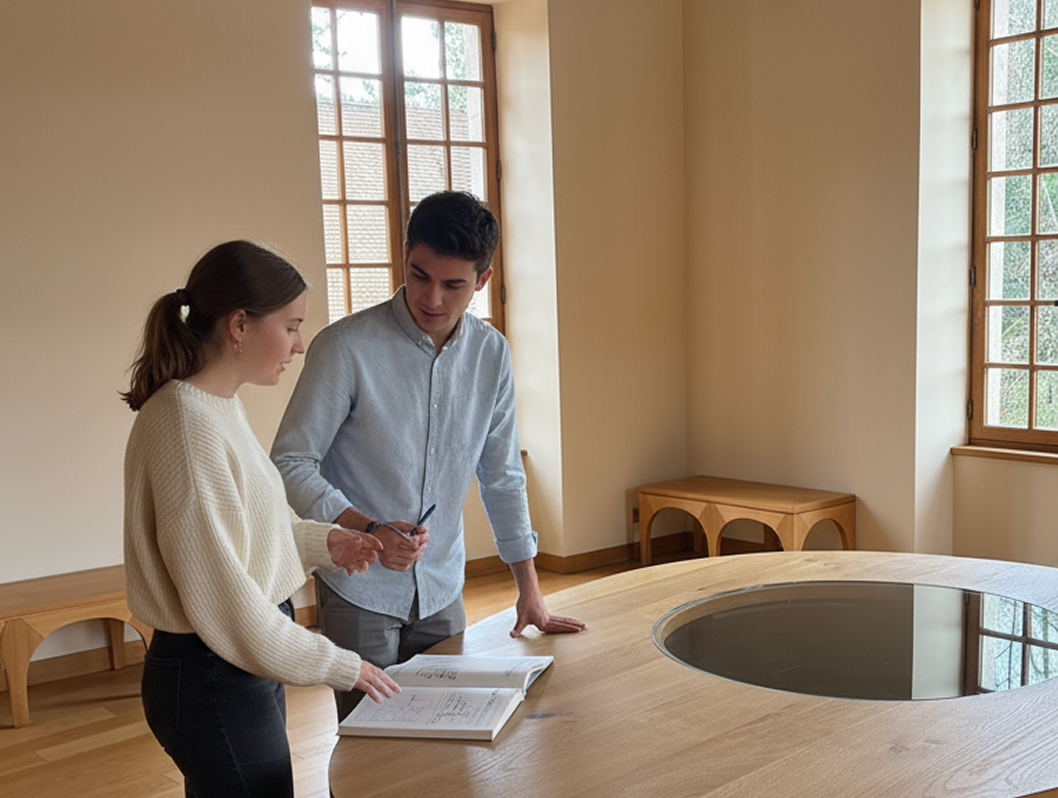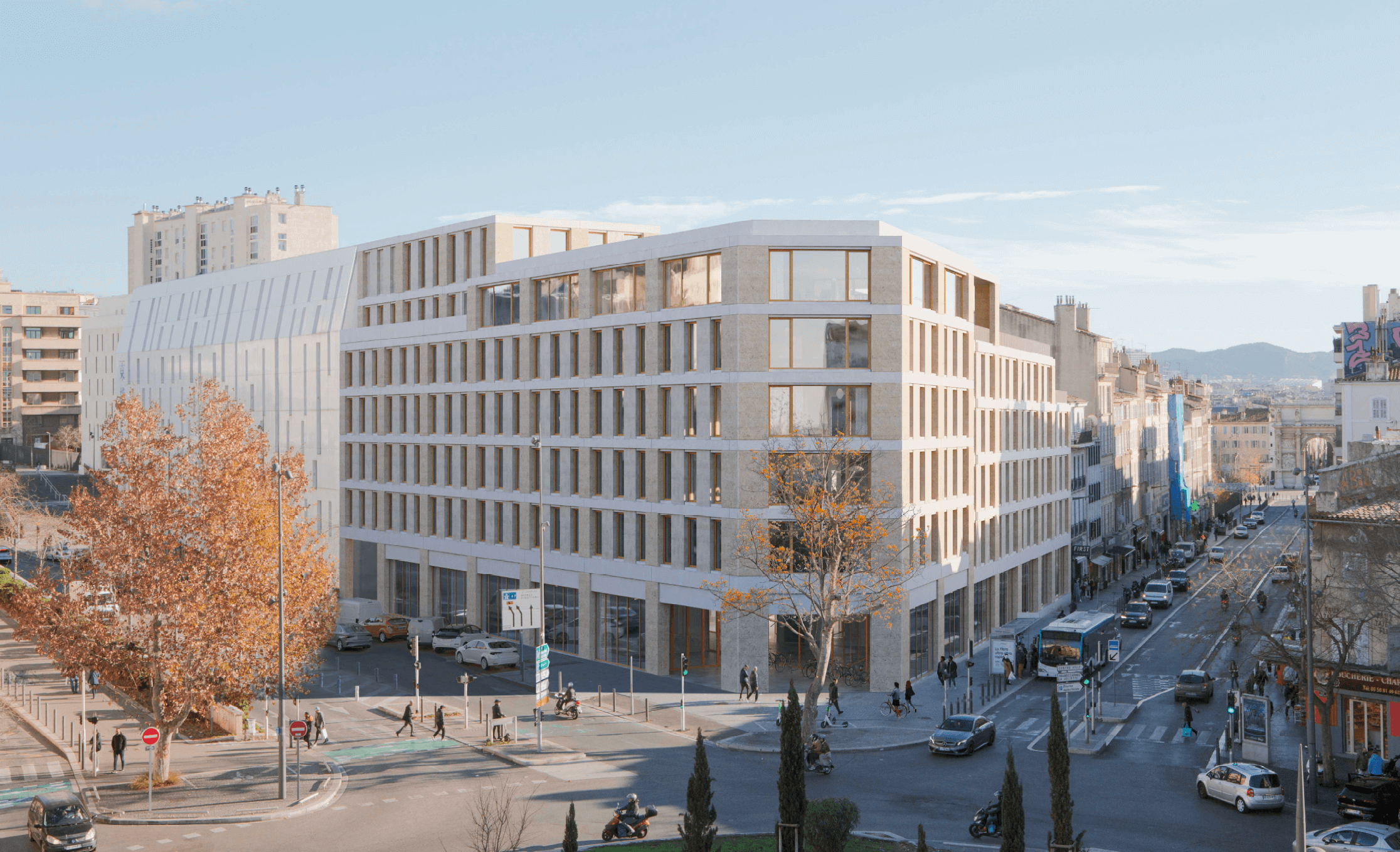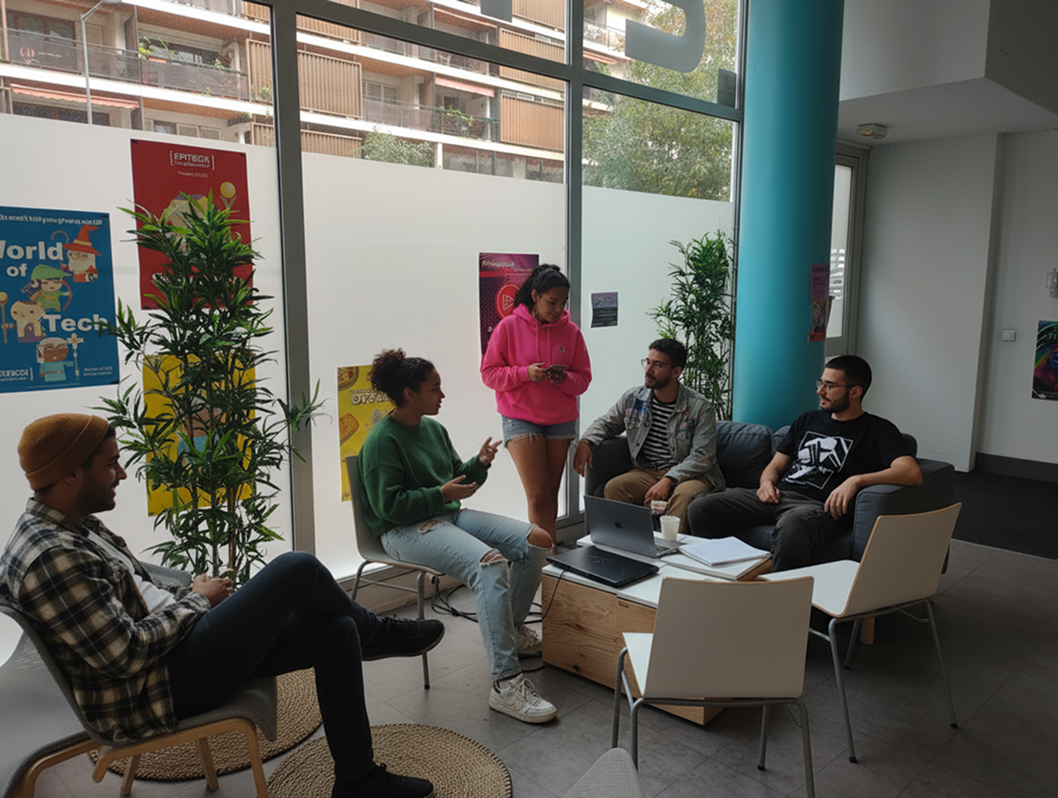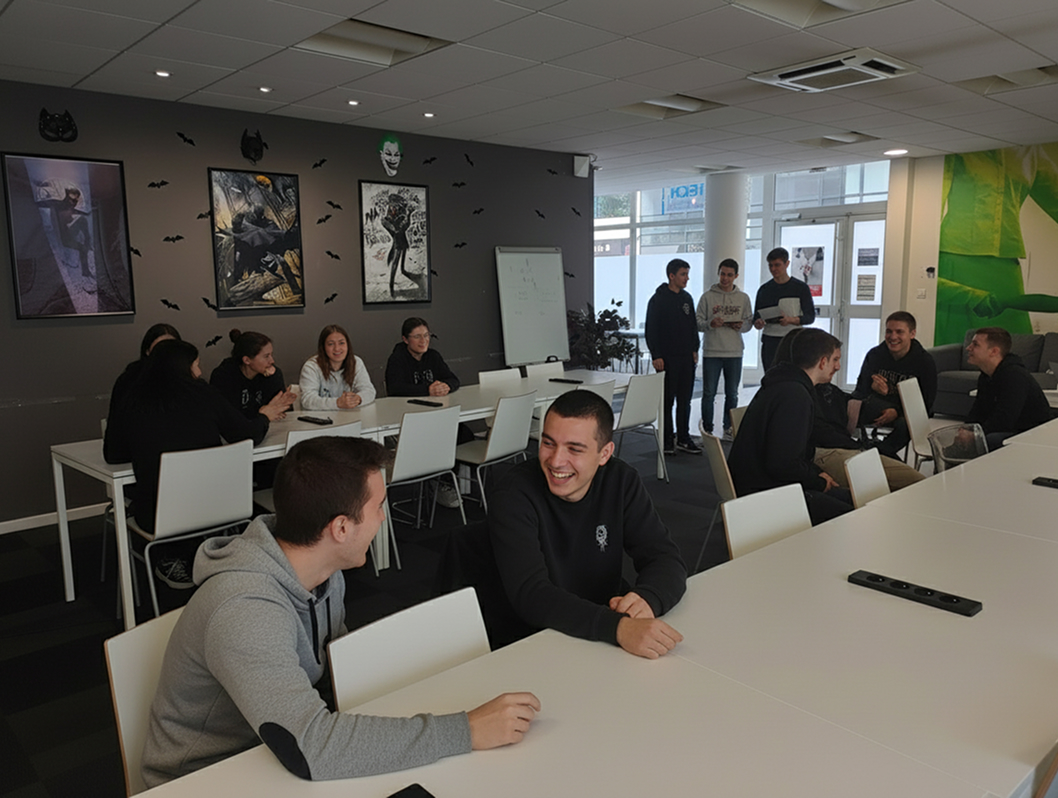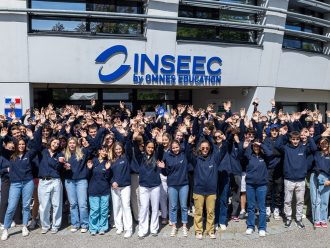The INSEEC Bachelor programme


The programme
What is an INSEEC Bachelor?
The INSEEC Bachelor’s degree is a 3-year post-baccalaureate programme. It leads to a state-recognised RNCP level 6 qualification, and trains professionals to become operational quickly, capable of joining the job market or continuing their studies at bac+4/5 level.
- Build a solid foundation in management, marketing, finance and communication.
- Take advantage of sandwich courses and work placements to put what you’ve learned into practice.
- Develop your professional network thanks to partner companies and INSEEC alumni.
- Gain access to an international outlook with courses in English and possible exchanges abroad.

Our training courses
Bachelor’s degrees at INSEEC
Discover our range of training courses and find the one that suits you best.
Specializations
Campus
-
- 1st year undergraduate
- 2nd year undergraduate
- High-School Diploma
Bachelor Online – Corporate Finance
-
- 1st year undergraduate
- 2nd year undergraduate
- High-School Diploma
Bachelor Corporate Finance
-
- 1st year undergraduate
- 2nd year undergraduate
- High-School Diploma
Bachelor Bank Insurance
-
- 1st year undergraduate
- 2nd year undergraduate
- High-School Diploma
Bachelor Digital Marketing
-
- 1st year undergraduate
- 2nd year undergraduate
- High-School Diploma
Bachelor Business Development
-
- 1st year undergraduate
- 2nd year undergraduate
- High-School Diploma
Bachelor in Wines and Spirits
-
- 1st year undergraduate
- 2nd year undergraduate
- High-School Diploma
Bachelor Sport Business – Sport Études
-
- 1st year undergraduate
- 2nd year undergraduate
- High-School Diploma
Bachelor Sport Business – Ski Studies
Our 9 campuses in the heart of French cities

Our teaching methods
What is the pedagogical approach of the INSEEC Bachelor?
Choosing the INSEEC Bachelor’s degree means building a three-year programme that combines theoretical courses, practical projects, work placements and sandwich courses. The aim: to acquire solid, professionalising skills that can be directly exploited on the job market.
1ʳᵉ year
Laying the foundations and exploring the disciplines
The first year consolidates your post-baccalaureate knowledge and opens you up to the major fields of management, finance, marketing and digital technology. You’ll learn the fundamentals through interactive lessons, group projects and your first work placement to introduce you to professional life.
2ᵉ year
Going deeper and starting to specialise
In the second year, you can choose to specialise in one of the following areas: finance, business, marketing, digital, international, luxury goods, real estate, sport or human resources. You’ll build up your technical skills, follow courses taught by professionals and get plenty of hands-on experience.
3ᵉ year
Specialising and entering the professional world
The final year is dedicated to hyper-specialisation and employability. You can follow the programme on a sandwich course or do a long work placement. This professional immersion helps you to build a solid network, prepare for your first jobs and consider continuing your studies on an MSc or Grande Ecole programme.
Internships
Professionalise yourself during your studies
Financing
How can I finance my Bachelor’s degree at INSEEC?
INSEEC offers a number of financial aid schemes:
- Alternating work placements, work experience contracts or apprenticeship contracts
- The right to training via the CPF
- Banking partnerships
- Prices for initial training (self-financing) and continuing training (external financing such as sandwich courses, CPF, etc.) can be found on the presentation sheets for all our courses.
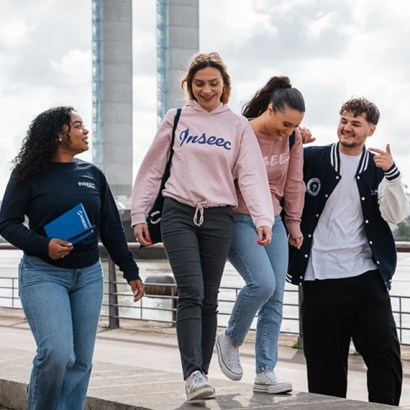
Application
How do I apply for the INSEEC Bachelor?
Admission to 1st year
Open to holders of a baccalaureate or equivalent. The course lasts 3 years. Students must submit an application, take written tests and attend a motivation interview.
Admission to 2nd year
Accessible to students with a baccalaureate (bac+1) in a compatible field. Admission is by application, written tests and interview.
Admission to 3rd year
Accessible to students with a Bac+2 in a compatible field. Admission is by application and interview.
Your application
- Submitting your application
- Admission test
- Eligibility results
Come and meet us
Come and see us at our events
Come and discover INSEEC during our events dedicated to future students. It’s a chance to talk to our teams, ask your questions about our courses and explore the campus.
Campus
-
Bachelor
09/01
Campus Days in Lyon
-
Bachelor
09/01
Campus Days in Bordeaux
-
Bachelor
10/01
Open House Days in Chambéry
FAQ
Everything you need to know about the Bachelor’s degree
How long does an INSEEC Bachelor’s degree last?
The Bachelor’s degree lasts three years, with a progressive curriculum alternating between academic courses and work placements. This professionally-oriented training prepares students to enter the market or continue on to a Master’s degree.
What does ‘Bachelor’ mean?
The term “Bachelor” refers to a degree at Bac+3 level, widely recognised in business schools in France and abroad. It is a practical and employable course.
Does INSEEC welcome people with disabilities?
Yes, INSEEC has a dedicated system and services to support students with disabilities. Each school has a referral system and adapted accessibility conditions.
What is the RNCP title?
The RNCP title (Répertoire National des Certifications Professionnelles) guarantees that the INSEEC Bachelor’s degree is a state-recognised diploma. It officially validates the skills acquired and facilitates access to numerous professional opportunities.
What should you choose between a Bachelor’s degree and a BUT?
The Bachelor’s degree focuses on a professional approach, with teaching methods geared towards companies, specialisations in specific fields and an international outlook. The BUT, which is more academic, teaches technical skills in a specific field. The choice depends on your project: immersion in a company (Bachelor) or technical expertise (BUT).
What level of study does the INSEEC Bachelor’s degree correspond to?
The Bachelor’s degree is a 3-year higher education qualification, recognised by the French state and by business schools in France and abroad. It is a professionally-oriented course, designed to help students integrate quickly into a wide range of companies.
What is the difference between a Bachelor’s degree and a Licence?
The Bachelor’s degree, awarded by universities, focuses on a theoretical and academic approach. The Bachelor’s degree, offered by business schools, places greater emphasis on practical experience, work placements and applied teaching. Both degrees are at Bac+3 level, but differ in their curricula and teaching methods.
What further study is possible after a Bachelor’s degree?
After a Bachelor’s degree, it is possible to enter the job market directly or continue on to a Master’s, MSc or specialist school. It is also possible to join a Grande École programme. This diploma is recognised by business schools and facilitates access to training in a wide range of disciplines, both in France and abroad.
What are the career options after an INSEEC Bachelor’s degree?
Career opportunities cover a wide range of sectors: marketing, communication, international trade, management and administration. Graduates go on to positions such as project manager, sales manager or junior consultant. The professional dimension of the course means that they acquire skills that are immediately operational.











